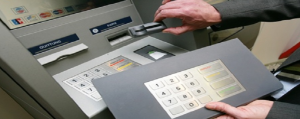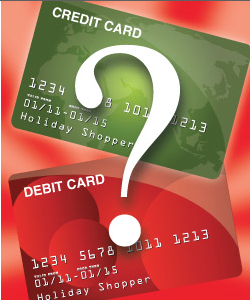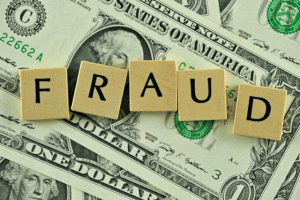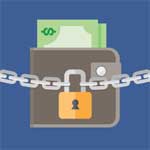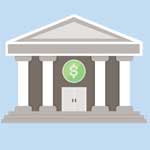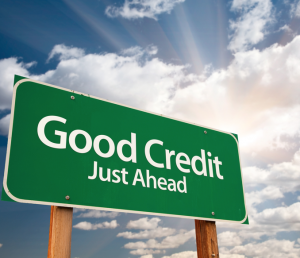
Those in the 800-plus range know that it doesn’t happen by chance. They make particular credit habits part of their regular personal finance strategies. Here are some of their suggestions:
Pay On Time
Without exception, pay on time. The payment history is the single most important factor that the agencies use to determine your overall score, being some 35 percent of the total. If you miss a payment or make one late, it has a negative effect.
Keep Balances Low Or Paid Off
Keep a rein on credit card balances. The size of the balance relative to the card limit is a factor. The best credit is generated by using less than 10 percent of the allowable limit.
Low Number of Credit Cards
Limit your credit accounts. Applying often for new credit can affect your bottom line. That activity represents 10 percent of the credit agency’s total. If you make frequent inquiries about new cards, for instance, trying to find the best mix of perks, it could have a negative effect. Try to get the right mix into place, then stand pat. A mix of debt, including credit cards, auto loans, mortgages, student loans, etc., all deftly managed, will impress the rating companies.
Don’t Spend More Than You Make
Live within your means. Overextending yourself financially will come home to roost. Don’t use credit to overspend. A solid, long-term credit history will keep your score in the range you want. The older your accounts become without serious lapses, the more they count. Stability is a factor when you’re looking at the 800 rankings.
Staying on course is important. Consistency is key to a good credit score. A small lapse can have a reverse effect. Make good credit a habit and stay on course. Check your credit score periodically and monitor your progress toward the elite standing.
